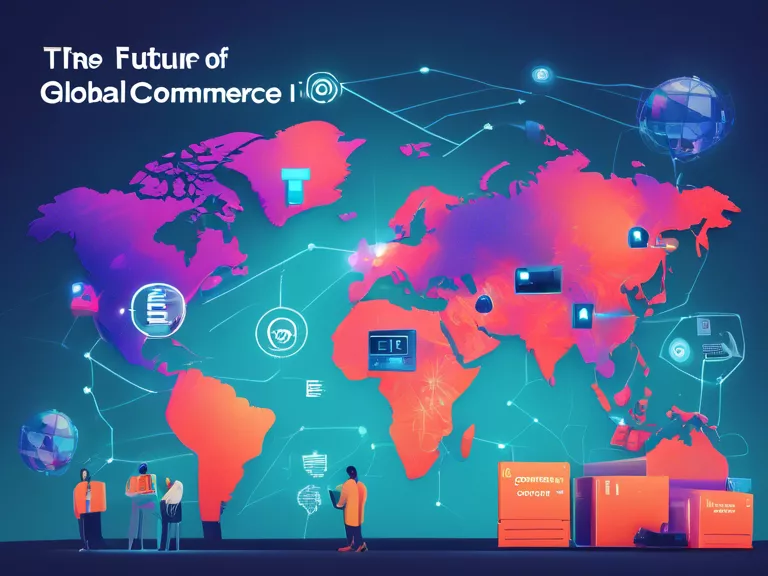
Introduction
The Internet of Things (IoT) has revolutionized the way businesses operate by enabling the seamless integration of physical devices and digital systems. This convergence has empowered businesses worldwide to enhance efficiency, streamline processes, and unlock new opportunities for growth and innovation.
The Power of IoT Integration
Enhancing Operational Efficiency
IoT integration allows businesses to connect and communicate with devices, sensors, and systems in real-time, providing valuable data insights to optimize operations. From tracking inventory levels to monitoring equipment performance, businesses can streamline processes and reduce downtime through automated alerts and predictive maintenance.
Improving Decision-Making
By leveraging IoT data analytics, businesses can gain valuable insights into consumer behavior, market trends, and operational performance. This real-time information enables informed decision-making, leading to more strategic business initiatives and improved outcomes.
Driving Innovation
IoT integration fosters innovation by enabling the development of new products, services, and business models. Businesses can leverage IoT technology to create personalized customer experiences, improve product quality, and explore new revenue streams through data-driven insights and predictive analytics.
Benefits of IoT Integration
Cost Savings
IoT integration helps businesses reduce operational costs by optimizing resource utilization, automating processes, and improving asset management. By monitoring and analyzing data in real-time, businesses can identify inefficiencies and implement cost-saving measures across their operations.
Enhanced Customer Experience
IoT integration enables businesses to deliver personalized and seamless customer experiences through connected devices and smart systems. From smart home devices to wearable technology, businesses can engage with customers in new and innovative ways, leading to increased customer satisfaction and loyalty.
Scalability and Flexibility
IoT integration provides businesses with the scalability and flexibility to adapt to changing market conditions and business needs. Whether expanding operations or entering new markets, businesses can leverage IoT technology to quickly deploy new solutions and services, ensuring agility and competitiveness in a rapidly evolving landscape.
Challenges and Considerations
Data Security and Privacy
With the proliferation of connected devices, businesses must prioritize data security and privacy to protect sensitive information from cyber threats and unauthorized access. Implementing robust encryption protocols, access controls, and data governance policies is essential to safeguard IoT systems and data.
Interoperability
Ensuring seamless communication and compatibility between diverse IoT devices and platforms can be a challenge for businesses. Standardizing protocols, adopting interoperable technologies, and collaborating with industry partners are key strategies to overcome interoperability issues and maximize the benefits of IoT integration.
Regulatory Compliance
Businesses must navigate complex regulatory frameworks and compliance requirements when integrating IoT technology into their operations. Adhering to data protection regulations, industry standards, and consumer privacy laws is crucial to mitigate legal risks and maintain trust with stakeholders.
Conclusion
IoT integration has emerged as a transformative force in empowering businesses worldwide to drive operational efficiency, enhance decision-making, and foster innovation. By embracing IoT technology and addressing key challenges, businesses can unlock new opportunities for growth, competitiveness, and sustainability in an increasingly connected and digital world.



